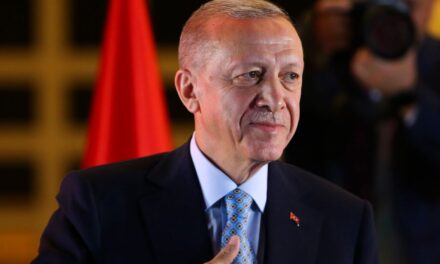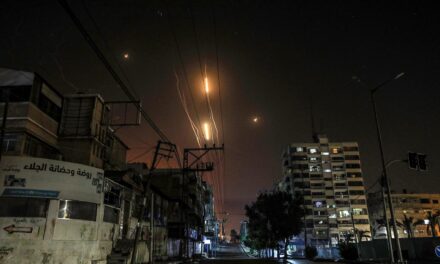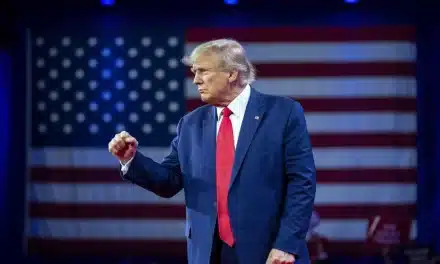The Turkish presidential election is heading into a decisive second round this weekend, marking a critical juncture in the nation’s political landscape. The incumbent President Recep Tayyip Erdogan and his main opponent, Kemal Kilicdaroglu, are vying for the top spot after neither managed to secure more than 50% of the vote in the first round.
Erdogan, who has been in power for two decades, is seeking another term to continue his leadership. His tenure has been marked by significant economic growth, infrastructural development, and an assertive foreign policy. However, it has also been marred by allegations of authoritarianism, human rights abuses, and a crackdown on dissent.
Kilicdaroglu, the leader of the Republican People’s Party (CHP), presents a contrasting vision for Turkey. He promises a return to parliamentary democracy, judicial independence, and a commitment to human rights and freedoms. Kilicdaroglu has also pledged to address the economic challenges facing the country, including inflation and unemployment.
The election has been marked by a polarized political climate, with both candidates making strong appeals to their respective bases. Erdogan has leveraged his track record and experience, while Kilicdaroglu has capitalized on the desire for change among a significant section of the electorate.
The role of Turkey’s 3.4 million Syrian refugees has also emerged as a contentious issue in the election. Erdogan’s government has been praised for its humanitarian response to the Syrian crisis, but the presence of a large refugee population has also sparked social tensions and been exploited for political ends.
The diaspora vote, particularly among Europe’s 3.4 million Turkish voters, could be a decisive factor in the election. Support for Erdogan among older communities is strong, but younger voters are increasingly leaning towards Kilicdaroglu, reflecting a generational divide in political preferences.
As Turkey heads into this crucial runoff, the stakes are high. The outcome will not only determine the country’s leadership for the next five years but also shape its political, economic, and social trajectory in the years to come.
Sources:





